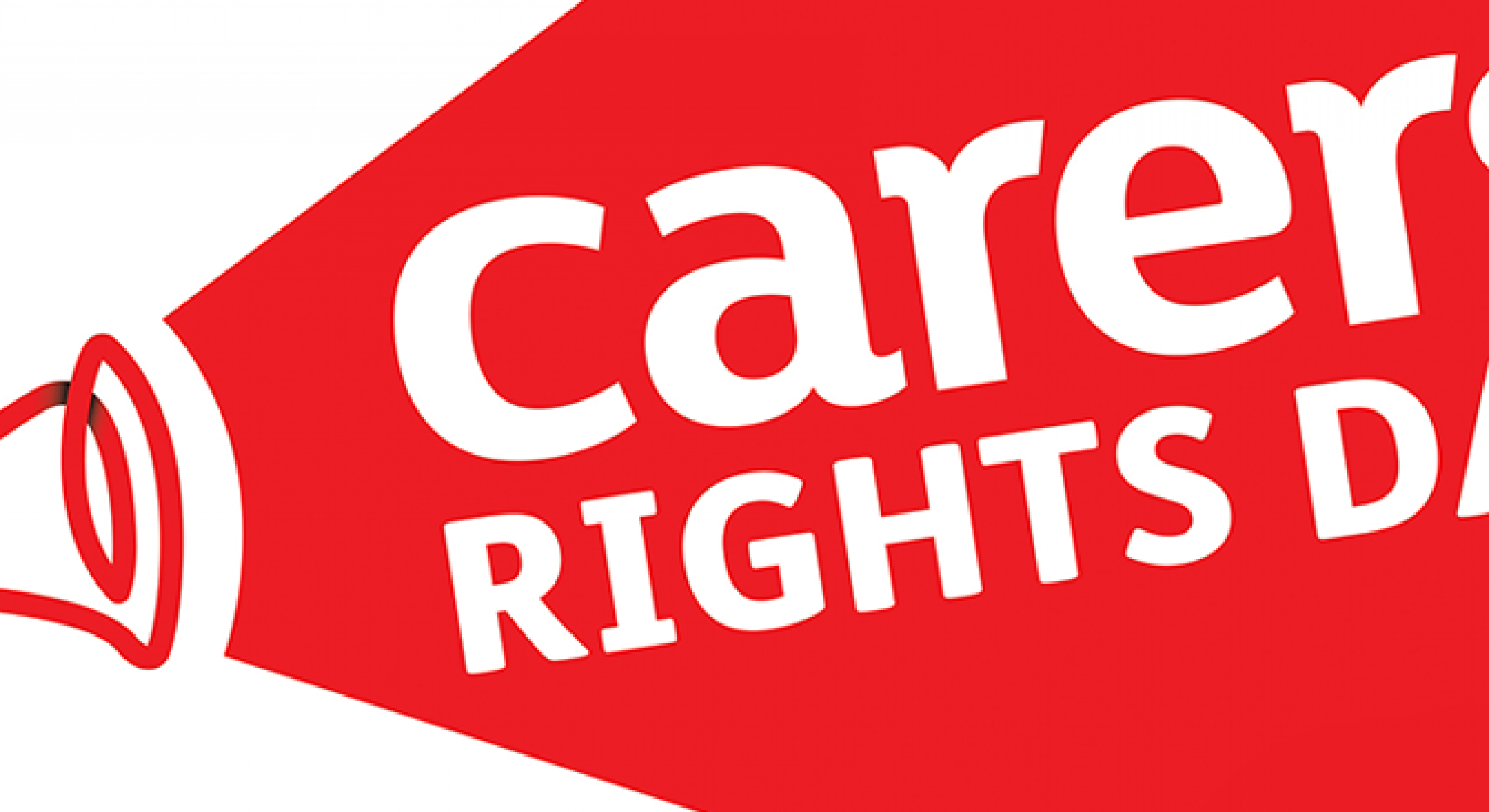The term “carer” is often confused with the role of professional carer or care worker. Many of these family members, particularly in the Irish community or friends do not recognise themselves as “carers” and some are uncomfortable with the title. They see themselves as fulfilling their obligations to help the person with dementia as spouses, children, siblings, grandchildren or other relatives and friends.
Family members caring for relatives are often referred to as informal or unpaid carers to distinguish them from “formal” paid care workers. Irish in Britain’s Cuimhne Carer’s Project tends to use the terms “carer” or “family carer”.
While it is okay not to call yourself a carer, knowing that you are one can allow you to take advantage of the support and benefits that you are entitled to as of right.
According to Carers UK, you are a carer if you are looking after someone regularly because they’re ill, elderly or disabled. Dementia is categorised as a disability and is recognised as such by the Equality Act 2010.
You may be helping them with:
- Washing, dressing, eating and drinking, taking medicines
- Shopping, cleaning, laundry
- Getting out of the house, taking them to doctor/hospital appointments
- Paying bills, managing finances
You are also likely to be providing emotional support:
- Sitting with somebody, keeping them company
- Reading, playing games, chatting
- Watching over somebody if they can’t be left alone
Care Needs Assessment
Local authorities have an obligation to assess the care needs of anybody who needs help to live independently. This is called a Care Needs Assessment and is usually undertaken by a social worker or other care professional
For further information from Carers UK click HERE.
